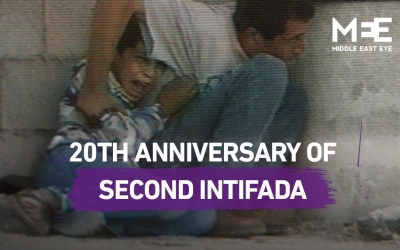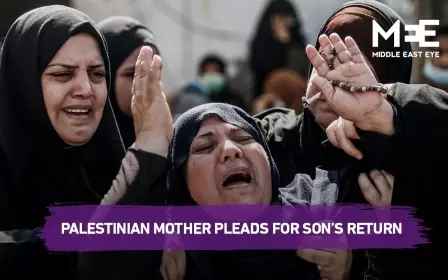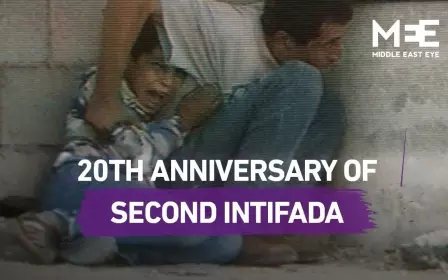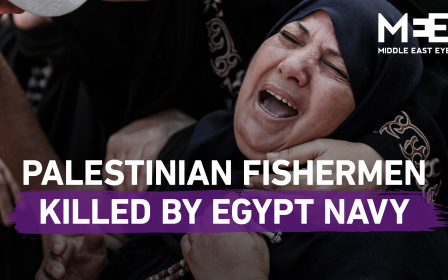Legal group demands Israel end impunity for killing of Palestinian citizens
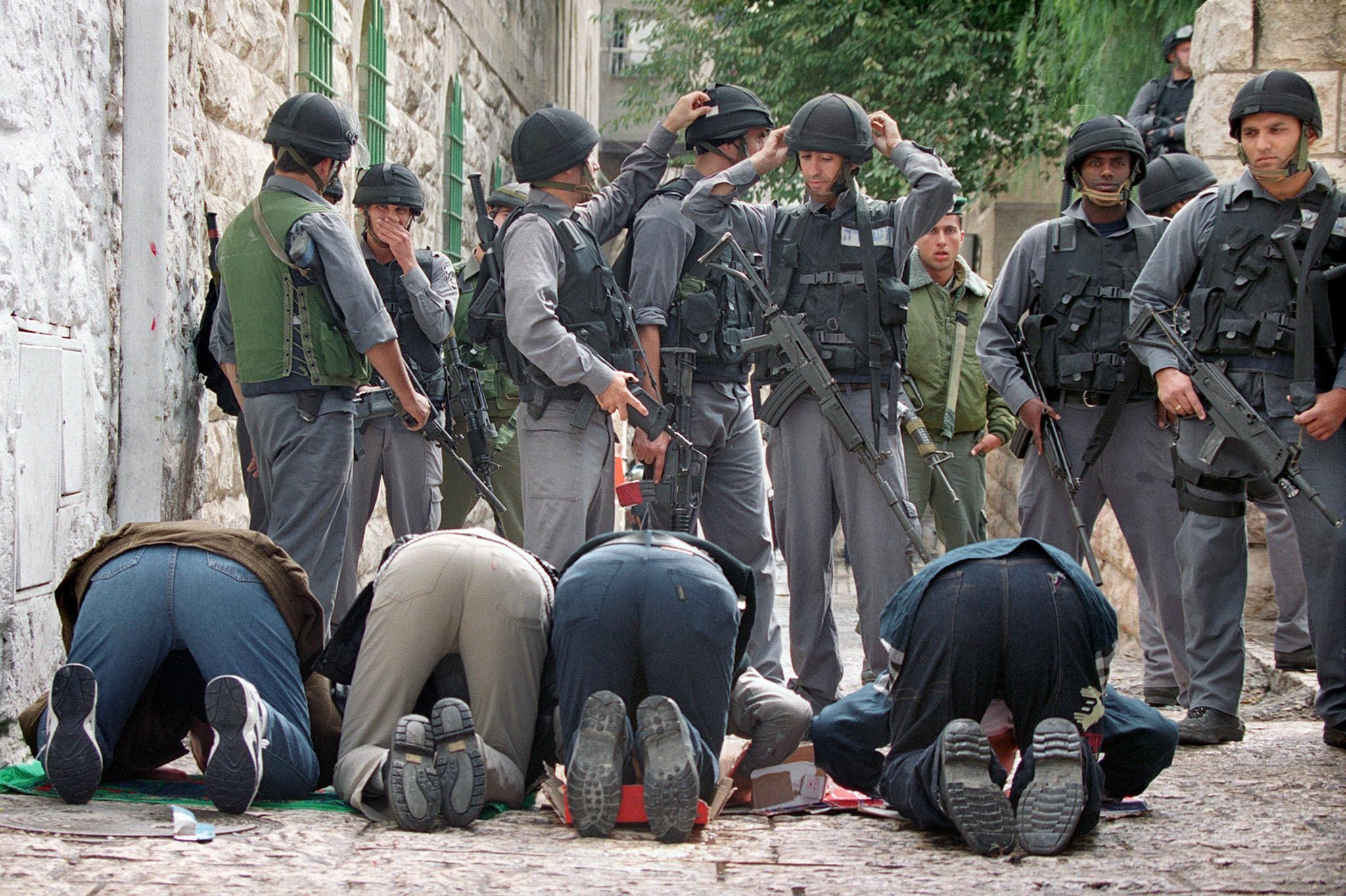
Legal campaigners have demanded Israel ends the culture of impunity surrounding the killing of Palestinian citizens by the security services, saying the perception of Palestinians as "the enemy" encourages deadly police violence.
The Adalah centre, which focus on providing support for minorities in Israel, specifically called for the security services to be held accountable for the killing of 13 Palestinians by Israeli police at demonstrations in October 2000, as well as the 2017 killing of Yaakub Abu al-Qian, a Bedouin maths teacher.
The 2000 demonstrations, at the start of the Second Intifada uprising against Israel's occupation, were primarily led by Palestinian citizens of Israel and saw a harsh response from security services.
A commission in November of that year found there had been no justification for the use of live bullets by the police, but so far there have been no officers indicted for the killings.
Similarly, an investigation into the death of Qian, who was shot during an Israeli operation to demolish homes in the Negev village of Umm al-Hiran, was closed in 2018 with no indictments.
"There is a direct link between the closure of the Abu al-Qian case and the October 2000 cases, in which 13 Arab demonstrators were killed by police in Israel during protests throughout the country," said Adalah in a statement on Thursday.
"These cases rely on the same policy of no criminal charges filed against law enforcement authorities, including the police, in cases involving the killing of Palestinian citizens of Israel, even where there is clear evidence of the illegal use of force."
The organisation also drew parallels with the 2020 killing of George Floyd in the US, which sparked worldwide anti-racism protests, and the similar lack of accountability that exists for the victims of police violence.
It said the perception that Palestinians were the "enemy" played a major role in the police's behaviour.
Adalah called for the creation of an independent committee that would be tasked with recommending "indictments of individuals at all levels responsible for the killings and injuries", as well as investigating "the individual killing cases of Palestinian citizens of Israel since 2000 that were closed by the PID [Police Investigations Department]."
The Second Intifada broke out after right-wing Israeli opposition leader Ariel Sharon visited the Al-Aqsa Mosque compound in occupied east Jerusalem on 28 September 2000.
The move was seen as a provocation by Palestinians and violent clashes between them and Israeli forces followed.
The Second Intifada lasted five years, during which violence broke out in Israel, the Gaza Strip and the West Bank, leaving thousands of Palestinians and Israelis dead and injured.
In response Israel re-militarisred much of the West Bank and began building a separation barrier between itself and the territory that in places cuts deep into occupied Palestinian land.
Middle East Eye propose une couverture et une analyse indépendantes et incomparables du Moyen-Orient, de l’Afrique du Nord et d’autres régions du monde. Pour en savoir plus sur la reprise de ce contenu et les frais qui s’appliquent, veuillez remplir ce formulaire [en anglais]. Pour en savoir plus sur MEE, cliquez ici [en anglais].


